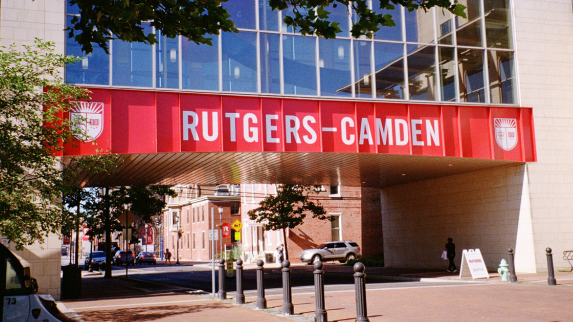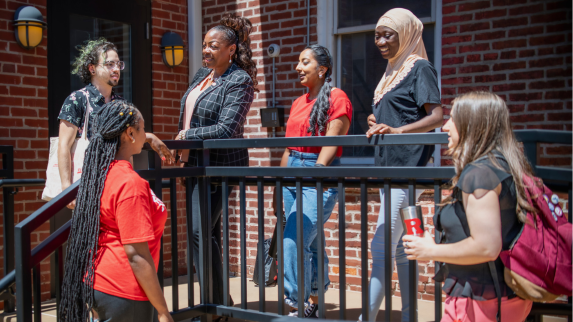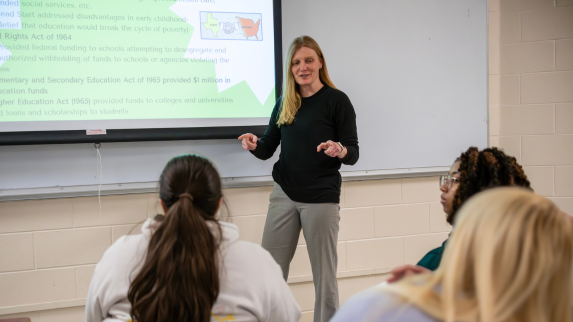Working Clarify Research-to-Adoption in Forensic Science
Forensic science is constantly evolving, and research plays a critical role in ensuring that new methods are both scientifically sound and practically applicable. In the Laboratory for Forensic Technology Development & Integration (LFTDI) at Rutgers–Camden, Master of Science in Forensic Science (MSFS) student Hailey Cassidy is exploring ways to refine the adoption of forensic techniques. Her research integrates established forensic validity measures with the broader themes of Salience, Legitimacy, and Credibility (SLC), working to clarify how forensic methods transition from research to real-world use. Hailey’s background in forensic science began at Loyola University Maryland, where she earned her undergraduate degree, and now she brings that expertise to her work in forensic DNA interpretation.
At LFTDI, her research connects with the lab’s larger mission to advance forensic DNA analysis through innovative methodologies and technological development. Led by Dr. Catherine M. Grgicak, the lab maintains the PROVEDIt Database, a publicly accessible collection of over 27,000 forensic DNA mixtures designed to support validation studies. LFTDI is also driving research in single-cell forensic analysis, next-generation sequencing applications, and interpretation software like ValiDNA and NOCIt, which enhance DNA mixture analysis without subjective thresholds. Through her work, Hailey is contributing to the future of forensic science by helping to establish frameworks that improve the credibility and applicability of forensic methodologies in real-world investigations.

Related to this Story:
Investigating the Truth: The Forensic Science Program
The Master of Science in Forensic Science program at Rutgers University–Camden offers a comprehensive curriculum designed to prepare students for careers as forensic science practitioners or for further graduate and professional studies. Emphasizing a research-focused approach, the program provides specialized courses and laboratory experiences in forensic chemistry, toxicology, and DNA profiling. Students gain hands-on experience with techniques commonly used in forensic laboratories, ensuring they are well-versed in current technologies and methodologies. Additionally, the program encourages participation in conferences and field experiences, facilitating valuable networking opportunities within the forensic science community.
Spotlights & Stories

Want more stories like this? Spotlights and Stories highlights alumni, faculty, staff, and student experiences through stories, video, and voice. Learn more
Explore Graduate School Programs

Rutgers Graduate School-Camden offers 20+ graduate certificates, master’s, and doctoral programs across various disciplines, including biology, data science, creative writing, and psychology. We take pride in our academic diversity. Learn more
Former Students, Get Involved

Stay connected with Rutgers-Camden! Engage with former students, attend events, and support current students. Your involvement strengthens our community and helps shape future success. Learn more
